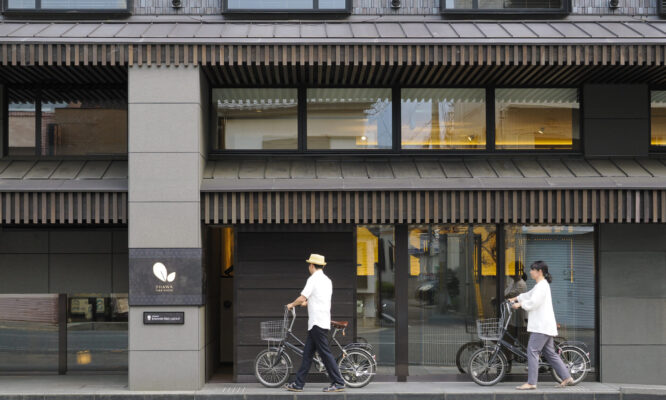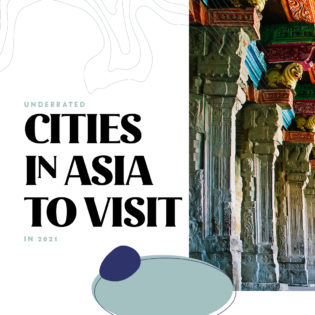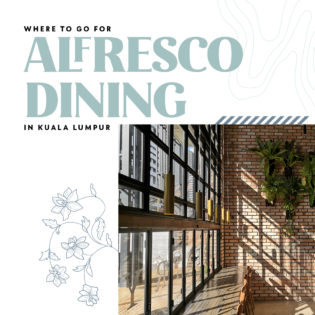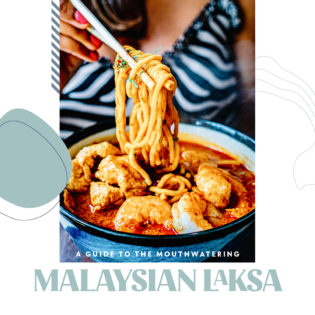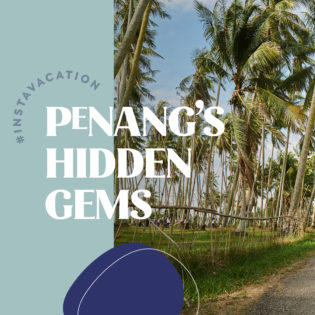Why more people are going completely meat-free
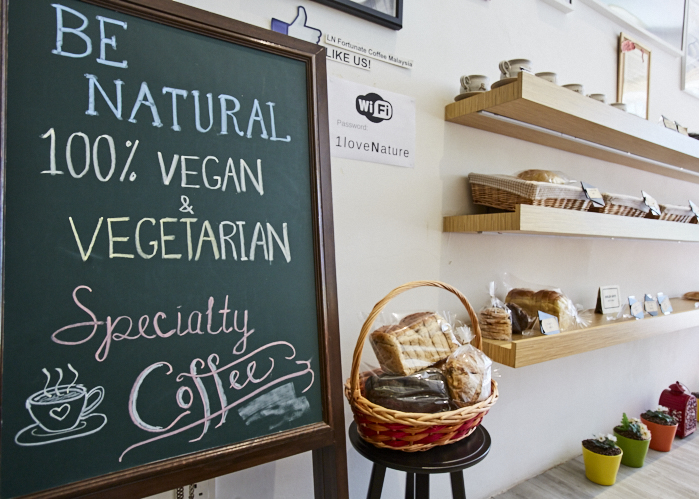
Once a feature of an alternative lifestyle, veganism is going mainstream. 2016 was proclaimed by some as the Year of the Vegan, and meat-free meals were some of the fastest-growing food trends worldwide. According to Euromonitor International, the vegan market in China is expected to grow 17.2% between 2015 and 2020, the fastest growth rate in the world.
Veganism is a way of life that avoids the use of animal products, whether as food or clothing. In Southeast Asia, the number of vegans is slowly growing, especially among young people convinced by ethical and sustainability reasons, and a sense of stewardship towards the earth.
Chloe Lee, a 24-year-old student in Malaysia, started practising the vegan lifestyle in 2013 for ethical reasons when she became aware of where her food was coming from. “I decided I no longer want to continue supporting the killing of innocent beings. Along the way, I also learned about how detrimental it is to our environment, global poverty, and how animal products are affecting our health,” she said.
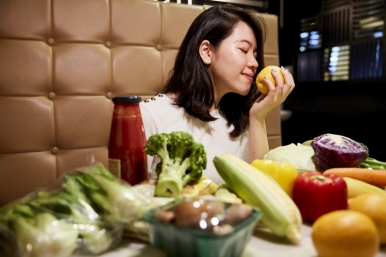
In her three years as a vegan, she has had a smooth transition to a meat-free diet. She starts her day with fruits or oats, followed by rice or potatoes with vegetables for lunch. For dinner, it could be a one-pot pasta or soup. “When I'm eating with friends, I like to be more adventurous and see how I can 'veganise' items on the menu, or I simply go straight to the vegetarian section, which restaurants often have,” she said.
In neighbouring Thailand, Napat Chawsoun made a resolution for 2016 to go vegan. The 24-year-old freelance illustrator from Mae Hong Son, a picturesque province in northern Thailand, was studying English in Chiang Mai when her vegan teacher introduced her to documentaries about the food industry. Shocked by what she watched, Napat made a New Year's resolution to quit meat and dairy.
“I just did the overnight transition. One day, I told my mom that I won’t eat meat, egg and dairy anymore. The next day, I just did it,” she recalled. Her mother is vegetarian, so Napat had no problems with meals with the family. “She just told me to eat more plant protein, if I don't eat dairy and eggs,” she said.
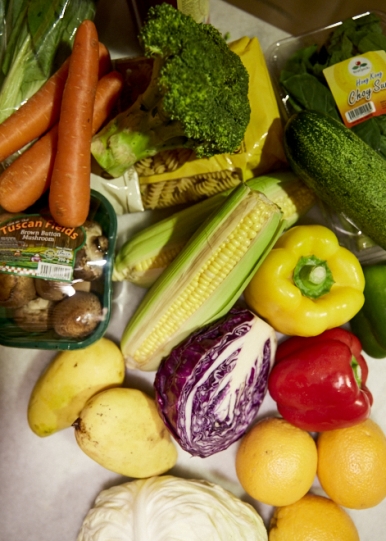
Living in an area blessed with an abundance of locally grown fruits and vegetables – mangoes in the spring and avocados in summer are just some of the seasonal offerings – she has not had much difficulty in sourcing for fresh food. Eager to share her new lifestyle, Napat makes vegan cakes and desserts, and has plans to open a vegan café in her hometown.
“I think the key to keeping yourself vegan is to understand what you are doing and to respect yourself. Some challenges like craving for meat and dairy, or the feeling of alienation, can happen – it's human nature and familiarity – but if you know your goals on veganism well, educate yourself about nutrition and respect your decision, it won't be that hard to get through,” said Napat.
As veganism is still a relatively new way of life in these parts, practitioners have had to rely on the Internet for community support and advice. The online community is especially vigorous, sharing new-found experiences and swapping meat-free recipes, all while posting photographs of themselves glowing and bouncing with good health. Among younger practitioners, social media plays a big part in spreading the vegan message, birthing superstar vegan bloggers and Instagrammers.
Elina Nasution records her vegan journey on Instagram as @elinagives, and she said that interest through social media is steadily increasing. The 21-year-old university student underwent a 30-day meat-free challenge, after which she switched to this lifestyle permanently.
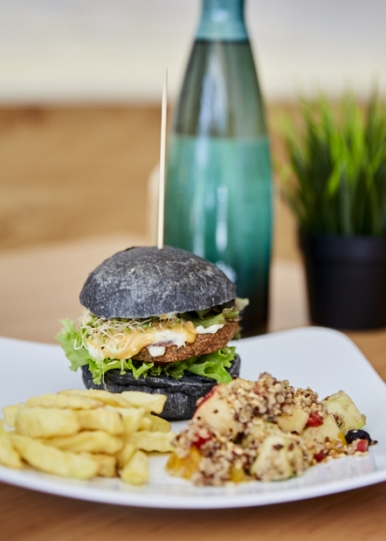
“It's very important to transition to veganism without having a great dependence on others to force you to change so that you know it is because of your genuine values and beliefs,” she said.
Nasution organised Malaysia's first Vegan Meet-up last April, followed by a second event for World Vegan Day in October. Numbers jumped from 50 to 100 attendees, made up of vegans and non-vegans to this social event promoting the vegan lifestyle with music and meat-free food.
She acknowledged that one of the biggest challenges of going vegan is battling stereotypes. “Vegans have been labelled as passive and aggressive hippies. It is difficult to persuade others that vegans can be humble and fun,” admitted Nasution, who is helping to bust myths by lifting weights. She said that physically she feels stronger and more energetic being on a plant-based diet.
While the starting point for the vegan lifestyle for many of the young people is for virtuous reasons, older practitioners tended to start for health reasons. Plagued by various ailments, including hypertension and skyrocketing cholesterol levels, Jeremy Loo started researching, practising and ultimately, living the vegan lifestyle. The improvement in his health was so drastic that he encouraged his wife, Rina Pang, to make the change with him. Convinced of the vegan cause for health and now ethical reasons, they opened LN Fortunate Cafe, a completely meat-free café, in Mont Kiara, Kuala Lumpur.
“While there is more acceptance of a plant-based diet and veganism – and it's growing, albeit slowly – the reality is that this group is still very small. The opening of new vegan restaurants will give the public more choice, and to create awareness and exposure, which will help the plant-based cause,” said Loo.
Chloe Lee is more hopeful of the lifestyle gaining traction, especially among her peers.
“I think young people these days are becoming increasingly aware of what they put in their bodies, and they are also being exposed to the consequences of animal farming and agriculture with the help of the Internet. I have the pleasure of making friends with many vegans the past few months, and most of them are younger than me. The movement is changing, and it's exhilarating to watch,” she said.
